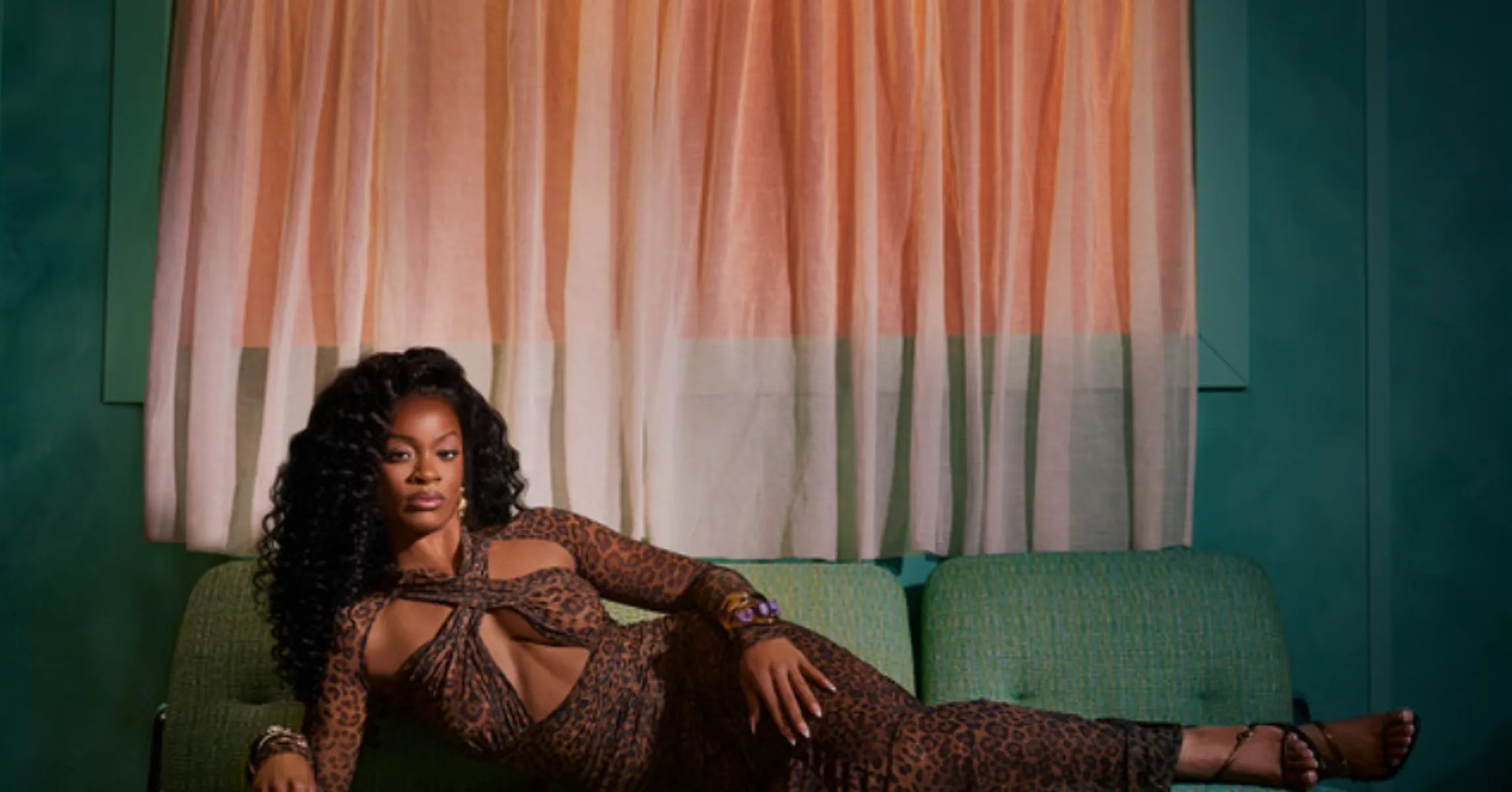The Doha Film Festival (DFF) has spotlighted Sudanese cinema with the debut of Cotton Queen, directed by Suzannah Mirghani. This film screens as part of the festival’s inaugural edition, highlighting the resilience of Sudanese culture during a time of immense struggle and displacement. Mirghani’s film, which recently won the Golden Alexander for best feature at the Thessaloniki International Film Festival, showcases the country’s rich heritage while addressing contemporary challenges.
The festival’s focus on Sudanese cinema is particularly significant this year, as ongoing conflict continues to disrupt the lives of many in the country. According to Mirghani, the reception of Cotton Queen has been overwhelmingly positive, especially among younger Sudanese audiences. “The first reaction is always: ‘We’re seeing Sudan on screen,’” she noted. The film’s narrative resonates deeply, allowing audiences to connect with familiar faces and landscapes amidst a tumultuous backdrop.
Mirghani, who has lived in Qatar, has collaborated with the Doha Film Institute to bring this project to fruition. She emphasized the importance of being recognized in major festivals. “It’s meaningful that the festival is choosing to spotlight Sudanese culture,” she said, reflecting on how many Sudanese communities feel overlooked globally. The film’s significance extends beyond entertainment; it represents a form of cultural visibility that many Sudanese have longed for.
The genesis of Cotton Queen traces back to Mirghani’s previous short film, Al-Sit, which she created as a proof of concept in 2020. This project laid the groundwork for her feature film, which is deeply intertwined with the history of Sudanese cotton. Mirghani has devoted nearly a decade to exploring the crop’s cultural and economic implications. “Cotton is central to Sudan in every aspect,” she asserted, linking it to communal heritage and women’s empowerment.
At the heart of the film is a poignant realization that genetically modified cotton seeds, introduced in Sudan in 2012, have largely replaced traditional cotton by 2020. Mirghani’s narrative follows a teenage girl named Nafisa, played by Mihad Murtada, as she navigates the power struggles surrounding these modified seeds and their impact on her village.
Mirghani’s storytelling weaves together a coming-of-age tale with ecological and economic critiques. “The film isn’t a lesson, even though there are lessons within it,” she stated, emphasizing the story’s emotional depth. The film also nods to historical beauty pageants in the 1930s, which aimed to beautify the harsh realities of mill work, a concept Mirghani seeks to reclaim and redefine.
Originally, Mirghani intended to film in Sudan with a predominantly Sudanese crew. However, the war that erupted in April 2023 forced a relocation to Egypt. Many collaborators fled the country, and Mirghani followed them to maintain solidarity. “In Sudan, there was genuine momentum for a film industry,” she observed, referencing the international success of films like Goodbye Julia and You Will Die at Twenty. The war has disrupted lives and cultural production alike.
Filming in Egypt provided both continuity and a sense of community for the cast and crew, many of whom were young and displaced. The production recreated a Sudanese village that felt authentic, despite being miles away from home. Mirghani recalled the disorienting feeling of stepping outside the set and realizing they were in Egypt, not Sudan.
The film’s production involved various international collaborators, including ZDF, ARTE, and other production houses, which added layers of complexity to the project. This extensive co-production network was vital as circumstances changed, ensuring the film’s completion.
The DFF’s initiative extends beyond cinema to include a music program, Sounds of Sudan, which resonates with Mirghani’s vision. The film opens with traditional songs performed in women-only spaces, showcasing the lyrical nature of Sudanese culture. The score, crafted by Tunisian-French musician Amine Bouhafa, incorporates Sudanese instruments, enhancing the film’s authenticity.
Mirghani pointed out the scarcity of Sudanese films, estimating there have only been about ten feature films made by Sudanese filmmakers. This lack underscores the significance of DFF’s spotlight on Sudanese culture. Many who participated in the film will gather in Doha for its screening, marking a moment of reconnection. “We’ll watch the film together, on screen, for the first time,” Mirghani reflected, highlighting the emotional weight of this experience.
As for the future, Mirghani hopes for broader connections through the film. “Right now, we don’t have a country. The country is destroyed,” she said. Her goal is to create a point of connection for Sudanese audiences worldwide, especially within diaspora and refugee communities. With international sales managed by Totem Films, she envisions Cotton Queen reaching Sudanese audiences wherever they may be. The film stands as a testament to resilience, culture, and the power of storytelling in challenging times.







